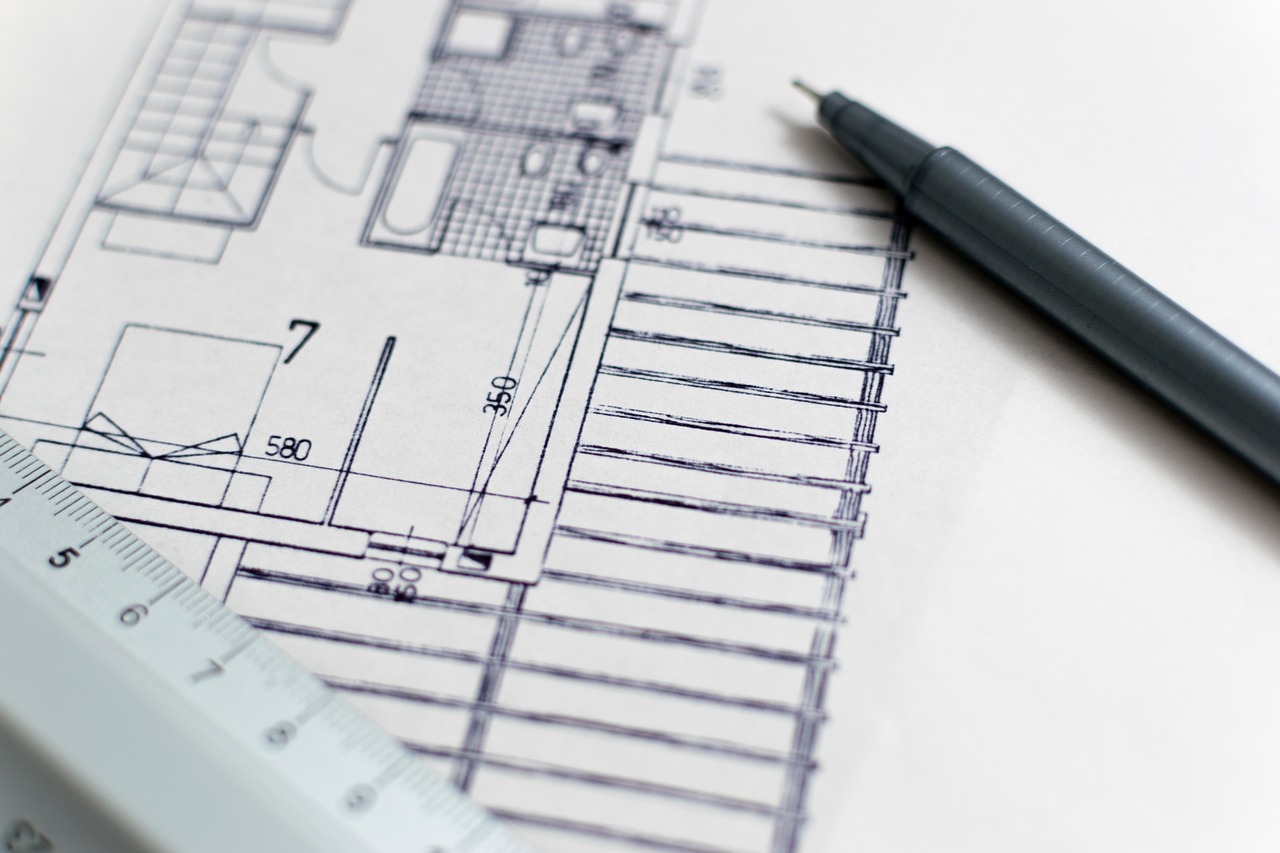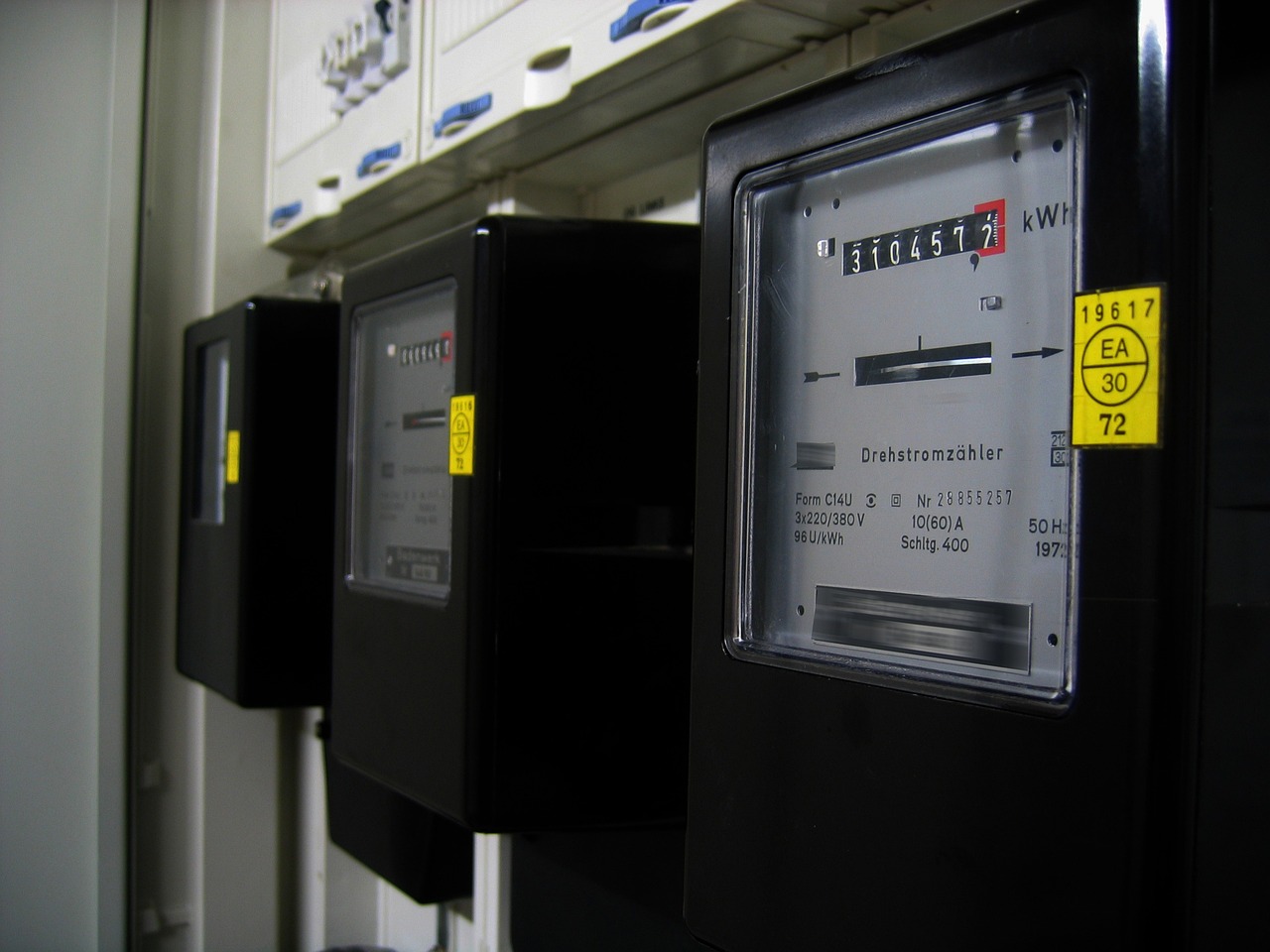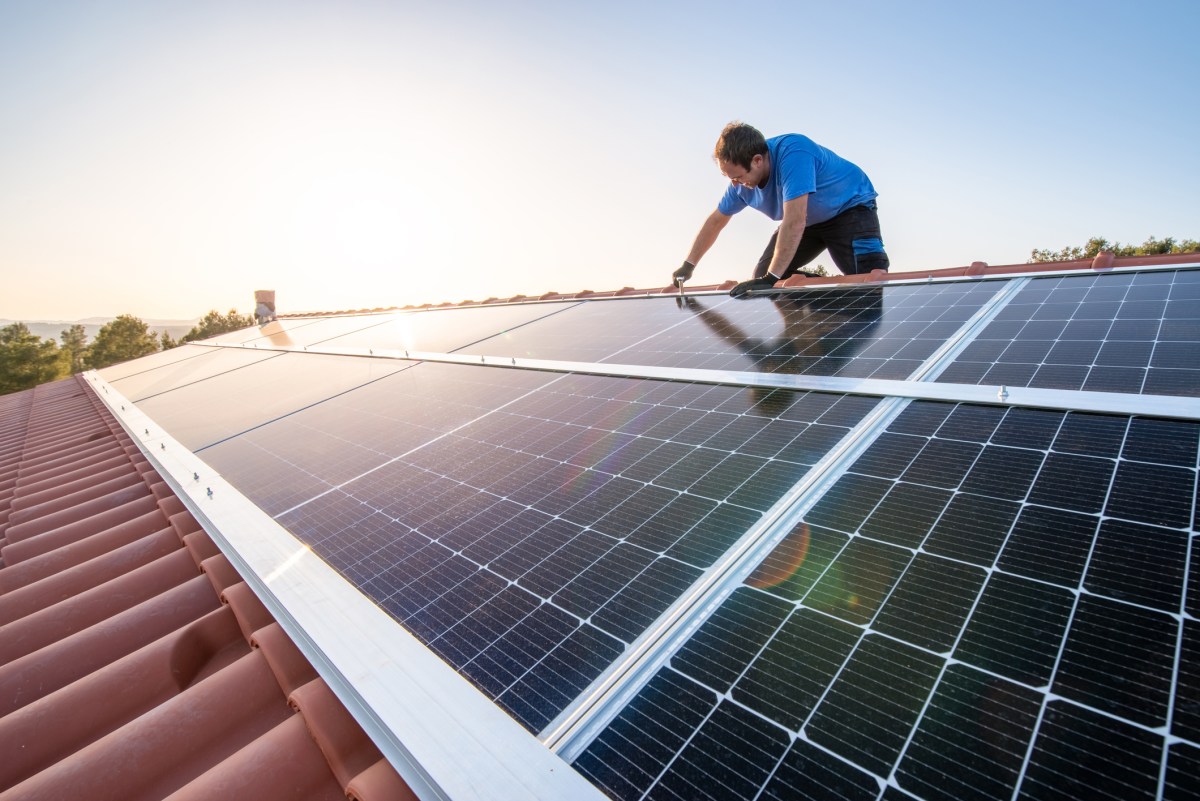
We visit your building to assess the capacity of rooftop solar power plant that you require. We advise you and provide all necessary information to help you make the right desions related to equipment selection and design. We then provide you with a proposal with the selected components.

Based on a successful proposal, we support you in the process to get government rooftop solar subsidies (where applicable) and assess availability of net-metering in your area and support with required online processes and surveys.

We pride ourselves in the speed of our installation. In most cases, al the material required for installation is available at our godowns. Depending on the size of the plant and its complexity, we will be done with a speedy installation and commissioning with 1-7 days.
Dehradun Solar provides installation and EPC for all our customers that require captive rooftop solar power plants at their data centers, factories, offices, hotels, hospitals, educational institutions and residences. We have carried out over 100 installations and here are some frequently asked questions that we encounter.

PM Surya Ghar Yojana is a central government initiative designed to boost rooftop solar installations on residential homes. Under the scheme, eligible households can install grid-connected solar systems and receive a one-time subsidy—up to ₹78,000 for systems up to 3 kW—with the goal of powering one crore homes and providing up to 300 free electricity units per month.
The scheme targets Indian residential consumers who own a legally registered house with a roof suitable for solar installation, possess a valid electricity connection, and have not previously received a solar subsidy. Local eligibility criteria (including proof of property, a recent electricity bill, and KYC documents) must be met during application.

Eligible consumers should visit the official PM Surya Ghar portal (pmsuryaghar.gov.in) to:
For further details or personalized advice, customers are encouraged to contact their bank’s customer care or reach out directly to Dehradun Solar.

For systems up to 2 kW, the subsidy is about 60% of the benchmark cost (approximately ₹30,000 per kW for non-special category states). For capacities between 2 and 3 kW, an additional 40% subsidy is available (about ₹18,000 per additional kW), capped at ₹78,000 in total for systems up to 3 kW. Systems above 3 kW do not receive extra subsidy. As Uttarakhand is a special category state, the total subsidy can be as high as Rs. 1,35,000 for customers in Dehradun.

Yes. Being a special category state, Uttarakhand typically uses revised benchmark costs. This means that for the first 2 kW, the effective subsidy rate is slightly higher (around ₹33,000 per kW) and for additional capacity, around ₹19,800 per kW. This helps reduce the net cost further for Dehradun customers.

Many national and private banks offer collateral-free loans under the scheme. Common loan products include:
1. SBI (State Bank of India) Solar Loan
2. Bank of Baroda (BoB) – Composite Loan Product
3. Bank of India (BoI) Solar Loan
4. ICICI Bank Solar Loan
Other national banks like Central Bank of India, Punjab and Sind Bank, Canara Bank, Union Bank of India, Bank of Maharashtra, UCO Bank, Indian Overseas Bank, and Dhanlaxmi Bank are also providing solar loans under this scheme. Many of these products offer collateral-free financing in the ₹2–6 lakh range with minimal processing fees and are designed to support the grid-connected rooftop solar installations as per MNRE guidelines.
The time it takes to install rooftop solar in India can vary depending on the size of the system and the specific requirements of the project. On average, it can take anywhere from a few days to several weeks to complete the installation. At Dehradun Solar, we can complete the installation on your site as fast as a single day for small residential projects.
The amount of electricity that a rooftop solar system can generate in India will depend on the size of the system, the location, and the specific components used. On average, a 1 kW solar panel system can generate around 5 units per day.
Rooftop solar systems require minimal maintenance. Regular cleaning of the panels and inspection of the system are recommended to ensure optimal performance.
The warranty for rooftop solar systems in India can vary depending on the manufacturer and the specific components used. On average, solar panels have a warranty of 25 years and inverters have a warranty of 5-10 years.






To discuss your rooftop solar requirements, please contact us:
Sarabjeet Khurana, Proprietor, Dehradun Solar
 +91-9997022201
sarabjeet@dehradunsolar.com
+91-9997022201
sarabjeet@dehradunsolar.com
